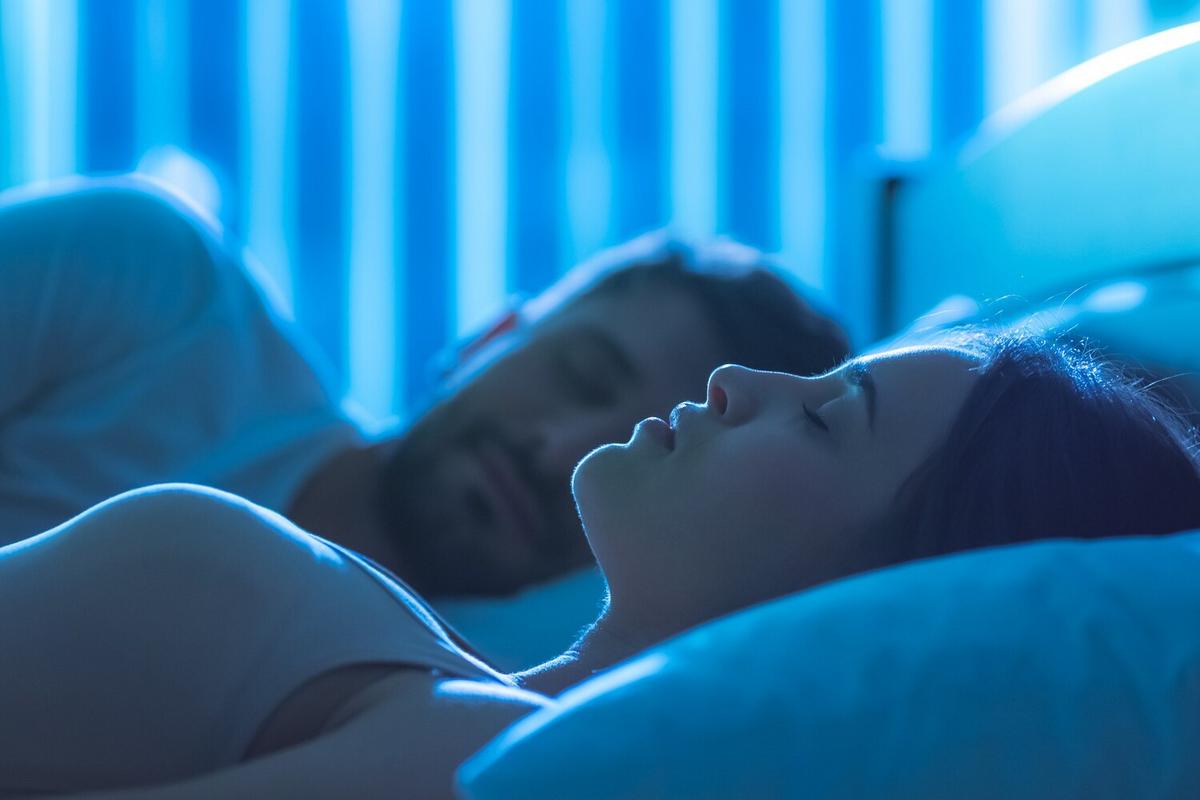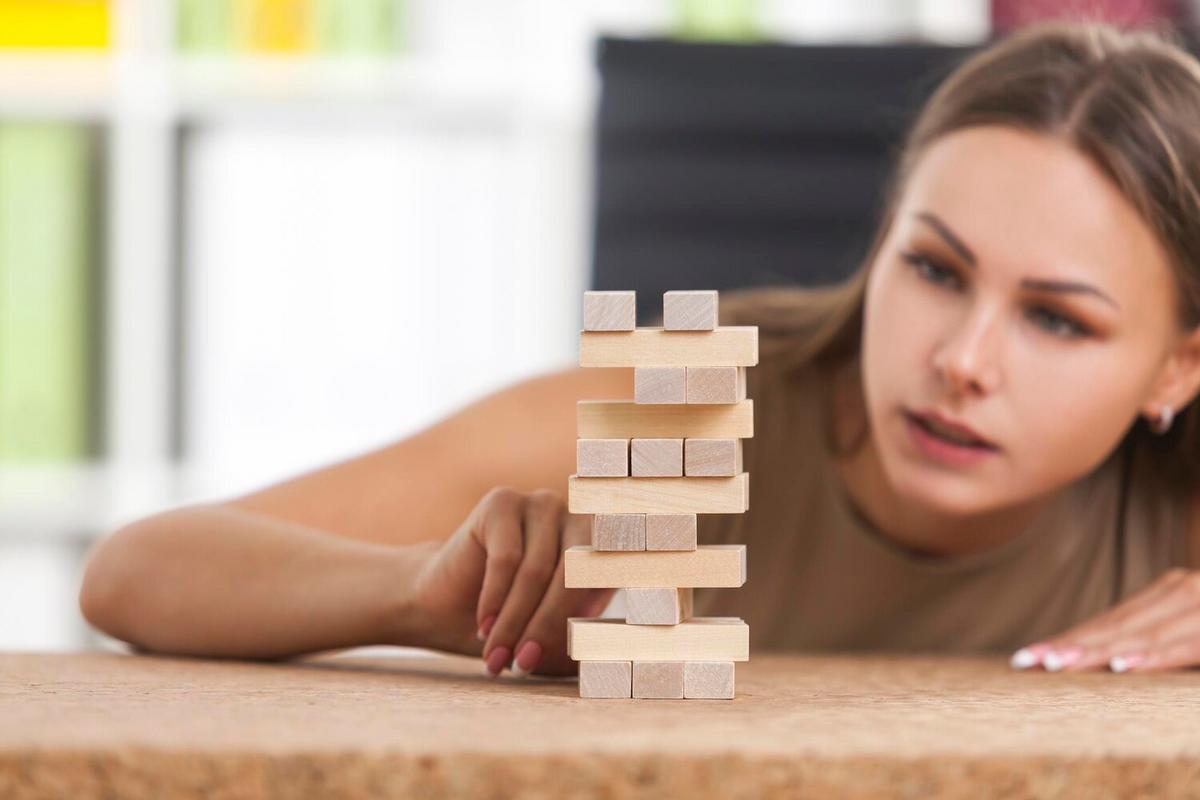
Sleep Better with Digital-Free Hours
Are you struggling to get a good night’s sleep? You might be surprised to learn that the culprit could be right in your hand—your digital devices. In our always-connected world, it’s increasingly difficult to detach from screens, but doing so could be key to improving your sleep quality. In this blog post, we will explore the benefits of having digital-free hours before bedtime and offer actionable tips to help you sleep better.
The Impact of Digital Devices on Sleep
Studies have shown that the blue light emitted by screens can interfere with your body’s natural sleep-wake cycle, also known as the circadian rhythm. According to research published in the journal Frontiers in Public Health, exposure to blue light before bedtime can suppress melatonin production, the hormone responsible for regulating sleep.
Expert Opinion
Dr. Charles Czeisler, a sleep researcher at Harvard, notes, “Blue light exposure in the evening can significantly delay the release of sleep-inducing melatonin, increase alertness, and reset the body’s internal clock to a later schedule.”
Statistics That Speak Volumes
Research by the Centers for Disease Control and Prevention (CDC) indicates that more than one-third of American adults are not getting enough sleep on a regular basis. Moreover, a survey by the National Sleep Foundation found that 90% of Americans use electronic devices in the hour before bed, which could be contributing to widespread sleep issues.
My Personal Experience
For years, I was guilty of scrolling through social media and reading emails right before bed. The result? I often found myself tossing and turning, unable to fall asleep. It wasn’t until I decided to implement digital-free hours that I noticed a significant improvement in my sleep quality. By setting a rule to turn off all screens an hour before bed, I began to fall asleep faster and wake up feeling more refreshed.
Actionable Tips for Digital-Free Hours
- Set a specific time to turn off all electronic devices, ideally one to two hours before bedtime.
- Replace screen time with relaxing activities such as reading a book, meditating, or taking a warm bath.
- Use blue light filters or apps that reduce blue light exposure if you must use your devices in the evening.
- Create a bedtime routine that signals to your body that it’s time to wind down.
- Keep your bedroom a device-free zone to create a sanctuary for sleep.
| Activity | Benefits |
|---|---|
| Reading a book | Reduces stress and promotes relaxation |
| Meditation | Calms the mind and prepares it for sleep |
| Taking a warm bath | Relaxes muscles and lowers blood pressure |
| Listening to music | Soothes the mind and helps in winding down |
| Journaling | Helps in processing thoughts and reducing anxiety |
| Stretching | Relieves muscle tension and promotes relaxation |
| Aromatherapy | Uses scents to calm the mind and body |
| Drinking herbal tea | Contains compounds that promote sleep |
FAQs
Frequently Asked Questions
How long before bed should I turn off my devices?
It’s recommended to turn off all screens at least one to two hours before bedtime to allow your body to wind down.
What if I need to use my phone as an alarm?
Consider using a traditional alarm clock or placing your phone in airplane mode to minimize exposure to blue light and notifications.
Can blue light filters really help?
While blue light filters can reduce blue light exposure, it’s still best to limit screen time before bed for optimal sleep quality.
What are some alternative activities to do before bed?
Consider reading, meditating, journaling, or engaging in other relaxing activities that don’t involve screens.
Is it necessary to make the bedroom a device-free zone?
Creating a device-free bedroom can help you associate the space with rest and relaxation, improving your sleep quality.
Pro Tip: Use the “Do Not Disturb” feature on your phone to block notifications during your designated digital-free hours. This can help you resist the temptation to check your device.
Conclusion
Implementing digital-free hours before bed can significantly improve your sleep quality. From reducing exposure to blue light to creating a calming bedtime routine, these changes can make a world of difference. Start small by setting a specific time to turn off your devices and gradually incorporate other relaxing activities into your evening routine. Sweet dreams!


